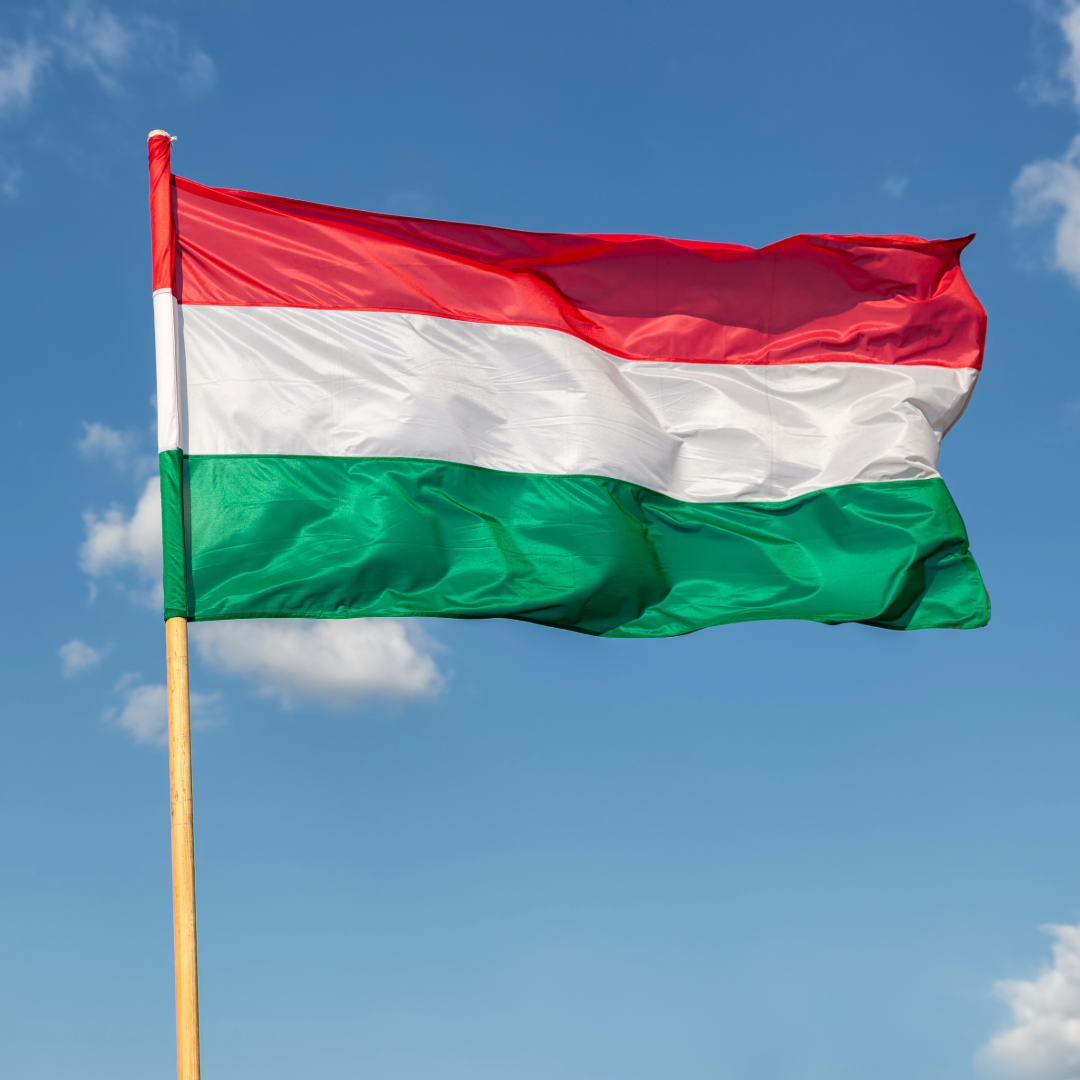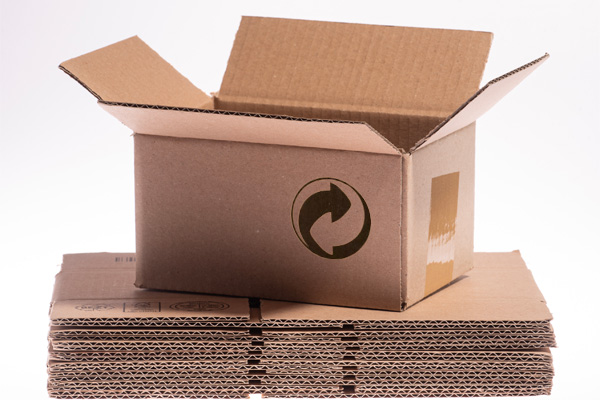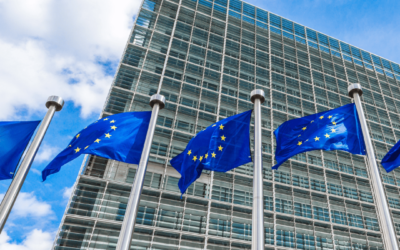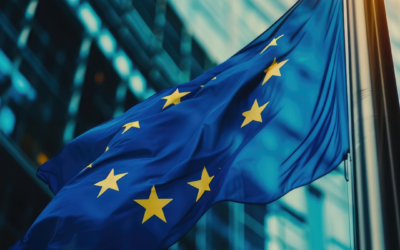What you should know about extended producer responsibility (EPR) in Hungary




Since 1 July 2023, new regulations regarding extended producer responsibility (EPR) have been in force and therefore also new obligations for retailers in Hungary. Hungary is implementing the EU directives and rethinking its responsibilities for waste.
In the following article, we will show you what you need to consider now.
Current EPR requirements in Hungary
On 1 July 2023, Hungary tightened the regulations regarding extended producer responsibility in the country. Since then, online retailers in particular have been held more accountable. If you sell goods and packaging to Hungary, they must be licensed with an EPR system from the first kilogramme. This now also applies to retailers who do not have a Hungarian VAT number. Foreign companies that are obliged to obtain an EPR licence must appoint a Hungarian representative for this purpose.
In addition to the licensing of packaging, there are further obligations for companies that fill packaging with goods for the first time or have it filled and sell it to private individuals. Additional registration with the MOHU licence company and the Hungarian environmental authority is required. In addition to packaging, some product categories are also subject to the new EPR levies.
EPR around packaging
Until now, packaging did not have to be licensed in Hungary. However, companies above a certain annual turnover with a VAT number pay a product fee through the environmental tax. Since July 2023, however, all distributors of packaging, with or without a VAT number, are now obliged to contribute to the recycling costs. The new EPR requirements replace the previously applicable “product fee for environmental protection”. Since April 2023, the companies concerned have had to register on the MOHU Partner Portal and with the environmental authority.
The registration and payment obligation always applies to the first Hungarian distributors and also applies if an online shop based outside Hungary sells goods to end consumers in Hungary.
Unlike in France or Italy, however, there is no labelling obligation for packaging.
EPR requirements for other product categories
In addition to packaging, the new EPR regulations also apply to textiles, wooden furniture, batteries and WEEE products (electrical and electronic equipment).
If you sell these products in or to Hungary, registration with the above-mentioned bodies and an EPR levy are also mandatory. Retailers are also responsible for the effective disposal of these products.
Summary: EPR for more environmental protection in Hungary
The extension of the EPR obligations for manufacturers and retailers in Hungary presents them with new challenges in terms of their registrations, but also due to the costs associated with the EPR levy.
At the same time, however, these adjustments will also trigger the implementation of more sustainable practices, which in turn will benefit the environment. In addition, the circular economy is strengthened and environmental protection is promoted.
You need support in implementing your obligations in Hungary? We are happy to help!

LIZENZERO.EU makes packaging compliance in Europe very easy.
Do you ship your products to different countries in the EU? Many different legal requirements and obligations can make the whole thing quite complicated – but don’t worry, we’ll do it for you. How do we do it? With our licensing service, we take over all obligations for you by power of attorney. Sounds good? We’ll be happy to advise you.
For shipping to Germany, you can easily fulfill your packaging obligations yourself via Lizenzero.de.
EPR update 2025: News for businesses
Throughout Europe, the legal regulations for packaging and other EPR schemes are always in motion and are constantly being adapted. Several new regulations on extended producer responsibility (EPR) came into force at the beginning of this year. New laws in various EU countries affect manufacturers and retailers of batteries, electrical and electronic equipment, packaging and textiles, to name just a few. We have compiled the most important EPR updates for you so that you don’t miss any to-dos.
PPWR update: an overview of recent developments
The European Union wants to implement more measures to promote sustainable packaging solutions. This is reflected in the currently hotly debated draft of the Packaging & Packaging Waste Regulation (PPWR), which was presented in November 2022. This regulation contains binding rules for packaging and packaging waste in the European single market and significantly expands the existing EU directives. However, the PPWR is not yet a done deal; it still has a few hurdles to overcome before it finally comes into force. We will keep you up to date on the latest status in this article.
A head start through sustainability: utilising the opportunities of the PPWR
European legislation is becoming increasingly ambitious when it comes to protecting the environment and promoting a sustainable economy. The Packaging and Packaging Waste Regulation (PPWR), which presents companies with new challenges – and at the same time offers great opportunities – is a particular focus. After all, those who prepare for the upcoming requirements at an early stage can not only avoid penalties and costly rework, but above all strengthen their competitiveness.




